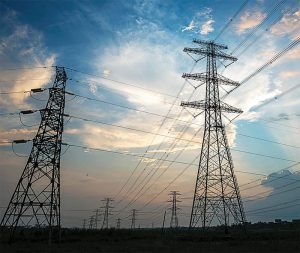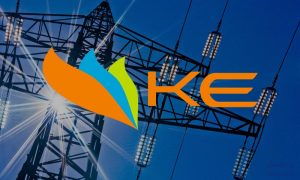By Engr. Sheikh Mohammad Ibraheem
Author Biography
Sheikh Muhammad Ibraheem is a student of electrical engineering, an author, and a researcher
from Pakistan. He is an active member of NSPE and IEEE world’s largest engineering
communities. His books are published across the globe and is currently studying in The
University of Lahore, Department of Electrical Engineering.
Electrical engineers play a vital role in ensuring the safety and reliability of electrical systems and equipment. They do this by developing and following industry standards.
Industry standards are published documents that set forth the requirements, specifications, and guidelines for the design, construction, testing, and installation of electrical systems and equipment. They are developed by a consensus process involving representatives from industry, government, and academia.
The duties of electrical engineers for industry standards include:
Developing new standards: Electrical engineers are often involved in the development of new standards. This involves identifying the need for a new standard, researching the latest technologies and practices, and drafting the text of the standard.
Reviewing and updating existing standards: Electrical engineers also review and update existing standards to ensure that they are up-to-date with the latest technologies and practices.
Ensuring compliance with standards: Electrical engineers are responsible for ensuring that electrical systems and equipment comply with applicable standards. This involves conducting inspections, testing, and commissioning of electrical systems.
Providing training on standards: Electrical engineers often provide training to engineers, technicians, and other stakeholders on the requirements of industry standards.
By following industry standards, electrical engineers help to ensure the safety and reliability of electrical systems and equipment. This is essential for protecting people and property from electrical hazards.
Here are some of the specific industry standards that electrical engineers are involved in:
National Electrical Code (NEC): The NEC is the most widely used electrical code in the United States. It sets forth the requirements for the design, construction, and installation of electrical systems in both residential and commercial buildings.
International Electrotechnical Commission (IEC) Standards: The IEC is an international organization that develops and publishes standards for electrical and electronic equipment. IEC standards are used in many countries around the world.
Underwriters Laboratories (UL) Standards: UL is a private organization that develops and publishes standards for electrical and electronic equipment. UL standards are used in the United States and other countries.
Electrical engineers who are involved in the development and implementation of industry standards play a vital role in ensuring the safety and reliability of electrical systems and equipment. They help to protect people and property from electrical hazards and ensure that electrical systems meet the latest technological and safety requirements.








